In 25 of the 50 largest global economies, multinational organisations face elevated political and economic risks
In 25 of the 50 largest global economies, multinational organisations face elevated political and economic risks, according to the latest analysis from Aon.
But the news is not all bad. In this year's Political and Economic Risk Map, 12 countries received upgrades, where the risk is rated as better than last year, and only three received downgrades.
Countries receiving upgrades, signifying increased economic and political stability, included Mexico, Israel and Saudi Arabia. Key downgrades were Guinea-Bissau, Belarus and the Yemen.
'Overall, the trend towards improving stability around the world, as highlighted in previous years, has ended,' said Miles Johnstone, director of political risk at Aon's crisis management division.
“The report also highlighted the risk posed by slowing global economic growth
'While the likelihood of terror attacks, crippling regulatory changes or strikes and civil unrest is relatively low in most of the world's wealthiest nations, such risks are very real in the nations whose economies are among the fastest growing,' added the report.
Brazil, Russia, India, China, South Korea and Mexico were the only nations in the top 15 for which risk is not characterised as 'low'. Among the top 50 economies, the analysis found political and economic risk is at its highest in the oil-rich nations of Iran, Nigeria and Venezuela.
The report also highlighted the risk posed by slowing global economic growth, particularly in the US, where falling home values and rising unemployment are contributing to fears that the world's largest economy will sink into recession this year. Aon placed the UK on credit risk negative watch, due to its high exposure to the sub-prime credit crunch.
Those countries most likely to be adversely affected by a global credit crunch also include new entrants to the global economy, including Turkey, Hungary and Romania, the analysis found.





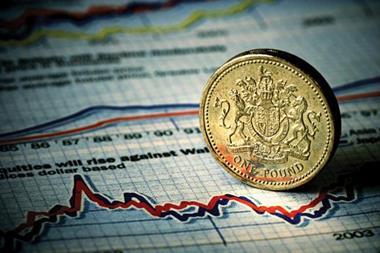
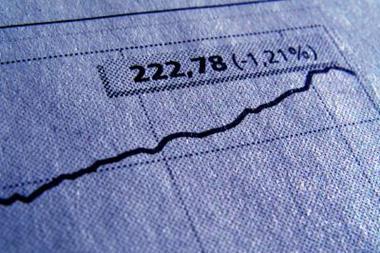
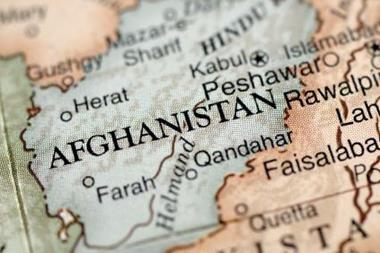
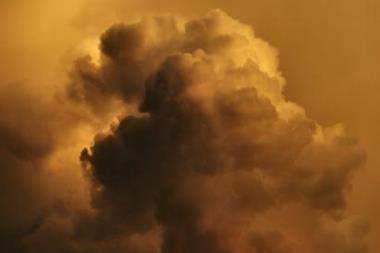
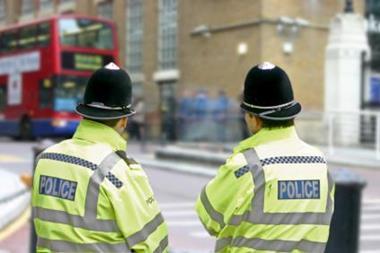
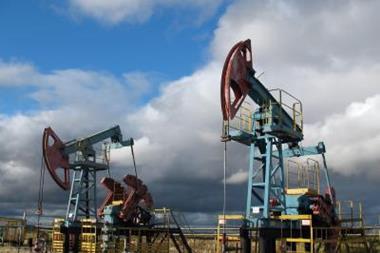









No comments yet